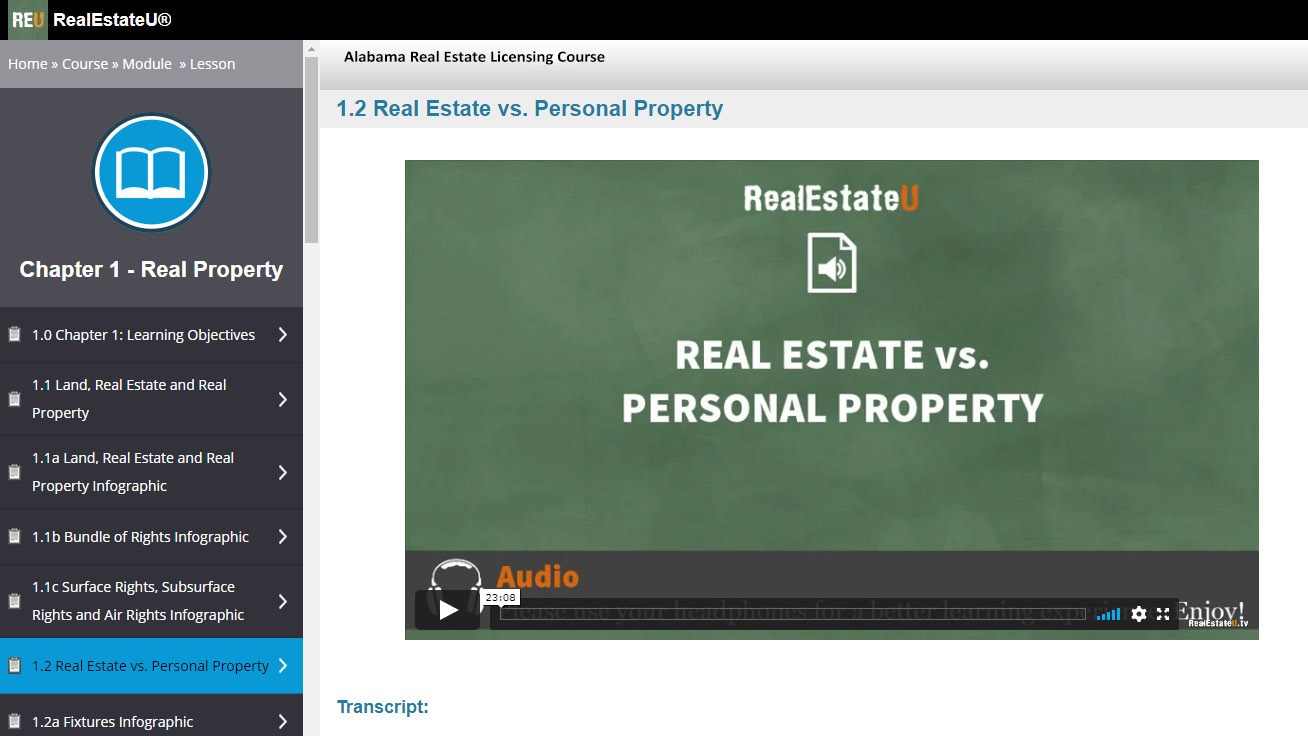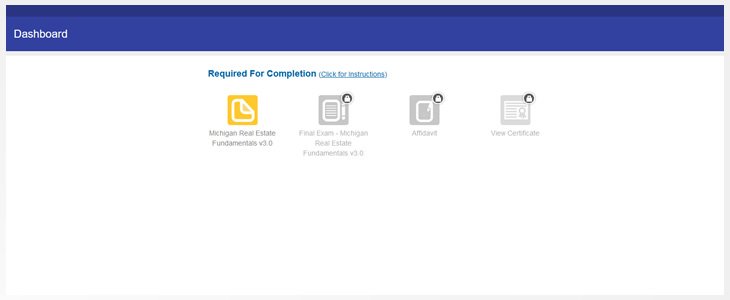
Nevada has many laws governing property management. These laws were created to ensure that landlords and managers act professionally and ethically.
One of the biggest challenges that property managers in Nevada face is the need to avoid conflicts of interest. This is important since managers are required to act in the best interest of their clients. They must also maintain good communication with other managers and owners. They must also offer excellent customer service. If a conflict of interest arises, it is up to the manager to remedy the situation.
All property managers in Nevada must be licensed. The licensing process in Nevada is very strict. Candidates must pass a property administration exam and take a 24 hour course before they can be granted a license. The applicant must also possess a real estate broker's license. If you are interested to start a business in Nevada, please contact your Chamber of Commerce.

First, choose the right corporate structure to start a business. An unincorporated entity is the best choice. An unincorporated entity has the advantage of being able to create a limited-liability corporation. To help you decide the right corporate structure for you business, a CPA is available to assist. For more information on licenses and permits in real estate, you can contact Nevada Real Estate Division.
Nevada law requires that residential property managers have a valid realty license. They must also be associated with a broker who has a residential property management license. The Nevada Real Estate Division website has Form 545 that applicants can use to apply for a permit. A $45 application fee is required. Failure to meet the requirements of the license could result in the license being revoked.
Nevada property managers are responsible for keeping track of tenant information and finances. They are also responsible to maintain the building. A company must also ensure that tenants receive outstanding customer service. Additionally, the company must inspect the property and take photographs if it is damaged.
Nevada's common-interest laws also apply to Nevada. This means that an individual can own more than 1 unit of a property, and the owner can grant authority for a third person to manage it. If a person owns more than one unit in a fourplex, he or she can designate a manager to manage it.

Nevada's Administrative Code is another law that applies in Nevada to rentals. This is a series of regulations that apply to rental properties. The Commission for Common Interest Communities, which is part of the Nevada Real Estate Division, requires applicants to take a Nevada Property Management state exam within a year of applying for a permit.
FAQ
What are the benefits to a fixed-rate mortgage
A fixed-rate mortgage locks in your interest rate for the term of the loan. This ensures that you don't have to worry if interest rates rise. Fixed-rate loans also come with lower payments because they're locked in for a set term.
How long does it take for my house to be sold?
It depends on many factors, such as the state of your home, how many similar homes are being sold, how much demand there is for your particular area, local housing market conditions and more. It may take up to 7 days, 90 days or more depending upon these factors.
Can I get a second loan?
Yes, but it's advisable to consult a professional when deciding whether or not to obtain one. A second mortgage is used to consolidate or fund home improvements.
How much money will I get for my home?
It depends on many factors such as the condition of the home and how long it has been on the marketplace. Zillow.com shows that the average home sells for $203,000 in the US. This
What amount should I save to buy a house?
It all depends on how long your plan to stay there. Start saving now if your goal is to remain there for at least five more years. If you plan to move in two years, you don't need to worry as much.
Statistics
- The FHA sets its desirable debt-to-income ratio at 43%. (fortunebuilders.com)
- Private mortgage insurance may be required for conventional loans when the borrower puts less than 20% down.4 FHA loans are mortgage loans issued by private lenders and backed by the federal government. (investopedia.com)
- This seems to be a more popular trend as the U.S. Census Bureau reports the homeownership rate was around 65% last year. (fortunebuilders.com)
- Some experts hypothesize that rates will hit five percent by the second half of 2018, but there has been no official confirmation one way or the other. (fortunebuilders.com)
- 10 years ago, homeownership was nearly 70%. (fortunebuilders.com)
External Links
How To
How to Manage A Rental Property
Renting your home can be a great way to make extra money, but there's a lot to think about before you start. We will show you how to manage a rental home, and what you should consider before you rent it.
If you're considering renting out your home, here's everything you need to know to start.
-
What factors should I first consider? Consider your finances before you decide whether to rent out your house. If you have debts, such as credit card bills or mortgage payments, you may not be able to afford to pay someone else to live in your home while you're away. Your budget should be reviewed - you may not have enough money to cover your monthly expenses like rent, utilities, insurance, and so on. ), it might not be worth it.
-
How much is it to rent my home? There are many factors that influence the price you might charge for renting out your home. These factors include location, size, condition, features, season, and so forth. Remember that prices can vary depending on where your live so you shouldn't expect to receive the same rate anywhere. Rightmove has found that the average rent price for a London one-bedroom apartment is PS1,400 per mo. This means that if you rent out your entire home, you'd earn around PS2,800 a year. Although this is quite a high income, you can probably make a lot more if you rent out a smaller portion of your home.
-
Is this worth it? You should always take risks when doing something new. But, if it increases your income, why not try it? It is important to understand your rights and responsibilities before signing anything. You will need to pay maintenance costs, make repairs, and maintain the home. Renting your house is not just about spending more time with your family. These are important issues to consider before you sign up.
-
Are there any advantages? You now know the costs of renting out your house and feel confident in its value. Now, think about the benefits. You have many options to rent your house: you can pay off debt, invest in vacations, save for rainy days, or simply relax from the hustle and bustle of your daily life. You will likely find it more enjoyable than working every day. Renting could be a full-time career if you plan properly.
-
How do I find tenants After you have made the decision to rent your property out, you need to market it properly. Listing your property online through websites like Rightmove or Zoopla is a good place to start. You will need to interview potential tenants once they contact you. This will help to assess their suitability for your home and confirm that they are financially stable.
-
How do I ensure I am covered? If you don't want to leave your home empty, make sure that you have insurance against fire, theft and damage. You'll need to insure your home, which you can do either through your landlord or directly with an insurer. Your landlord will likely require you to add them on as additional insured. This is to ensure that your property is covered for any damages you cause. This does not apply if you are living overseas or if your landlord hasn't been registered with UK insurers. In such cases, you will need to register for an international insurance company.
-
Even if your job is outside the home, you might feel you cannot afford to spend too much time looking for tenants. But it's crucial that you put your best foot forward when advertising your property. Post ads online and create a professional-looking site. Also, you will need to complete an application form and provide references. Some people prefer to do everything themselves while others hire agents who will take care of all the details. It doesn't matter what you do, you will need to be ready for questions during interviews.
-
What should I do after I have found my tenant? If there is a lease, you will need to inform the tenant about any changes such as moving dates. If you don't have a lease, you can negotiate length of stay, deposit, or other details. Keep in mind that you will still be responsible for paying utilities and other costs once your tenancy ends.
-
How do I collect rent? You will need to verify that your tenant has actually paid the rent when it comes time to collect it. If your tenant has not paid, you will need to remind them. Before you send them a final invoice, you can deduct any outstanding rent payments. If you are having difficulty finding your tenant, you can always contact the police. If there is a breach of contract they won't usually evict the tenant, but they can issue an arrest warrant.
-
How can I avoid potential problems? You can rent your home out for a good income, but you need to ensure that you are safe. Make sure you have carbon monoxide detectors installed and security cameras installed. Check with your neighbors to make sure that you are allowed to leave your property open at night. Also ensure that you have sufficient insurance. You should never allow strangers into your home, no matter how they claim to be moving in.